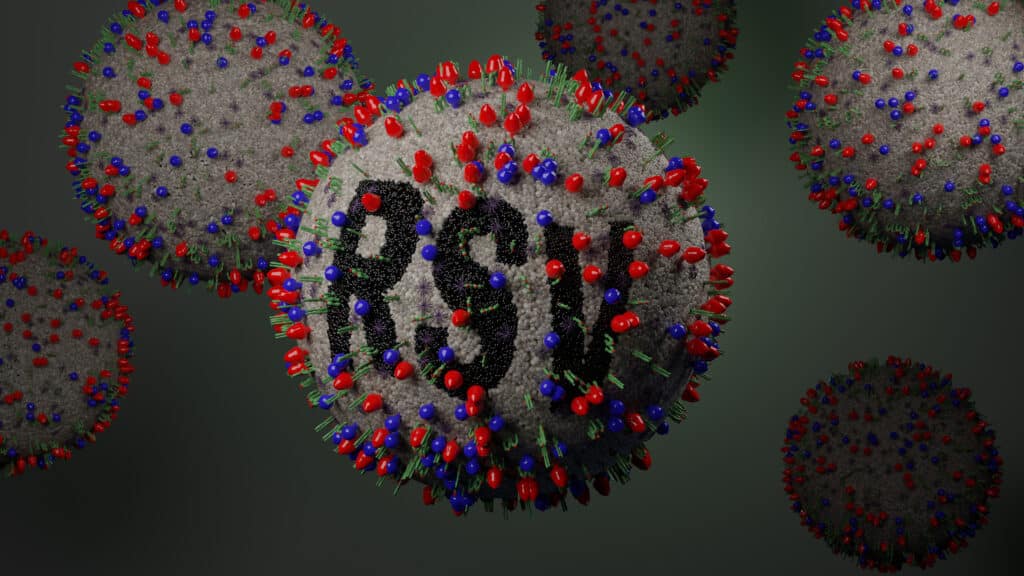- Our Products
- HIV and Testing
- Stories
- INSTI Times
- Our Products
- HIV and Testing
- Stories
- INSTI Times
Respiratory Syncytial Virus (RSV) is commonly associated with children, but adults can and do get infected with the virus. Understanding the implications of RSV in adults is crucial for early detection, effective management, and minimizing the risk of long-term effects. This comprehensive guide covers key aspects of RSV in adults, including symptoms, the timeline of the infection, its duration, contagiousness, long-term effects, and recommendations for recovery.

What is RSV?
RSV is a common respiratory virus that leads to mild, cold-like symptoms in most individuals. However, in some cases, especially among older adults, infants, and people with weakened immune systems or chronic heart and lung diseases, RSV can cause severe respiratory illnesses like pneumonia or bronchiolitis.
Symptoms of RSV in Adults
RSV symptoms in adults typically mimic those of a common cold or flu. These symptoms can include:
- Congestion or runny nose
- Dry cough
- Sore throat
- Low-grade fever
- Sneezing
- Headache
- Fatigue
In severe cases, symptoms might escalate to difficulty breathing, high fever, severe cough, and wheezing, necessitating immediate medical attention.
RSV Timeline in Adults
The RSV timeline in adults usually follows a predictable pattern. Symptoms typically appear 4 to 6 days after exposure to the virus and can last for 1 to 2 weeks. The most severe symptoms often improve within 3 to 5 days, but the cough and fatigue may linger for weeks.
How Long Does RSV Last in Adults?
Most adults recover from RSV within 1 to 2 weeks. However, the virus can persist in some individuals, particularly those with weakened immune systems, leading to prolonged symptoms.
Long-term Effects of RSV in Adults
While most people recover completely from RSV with no long-term effects, individuals with severe cases or underlying health conditions may experience complications such as pneumonia, chronic obstructive pulmonary disease (COPD) exacerbations, or, in rare instances, heart problems.
How Long is RSV Contagious in Adults?
Adults infected with RSV are typically contagious for 3 to 8 days. However, individuals with weakened immune systems can spread the virus for weeks, even after symptoms have subsided.
How to Get Rid of RSV in Adults
There is no specific treatment for RSV in adults. Management focuses on relieving symptoms and may include:
- Rest and hydration
- Over-the-counter pain relievers and fever reducers
- Nasal decongestants and saline sprays
- Humidifiers to ease breathing
Preventative measures, such as frequent handwashing, avoiding close contact with infected individuals, and cleaning and disinfecting surfaces, are crucial for stopping the spread of RSV.
Our website uses cookies. By continuing to browse our site you are agreeing to our Privacy Policy.AcceptPrivacy policy




